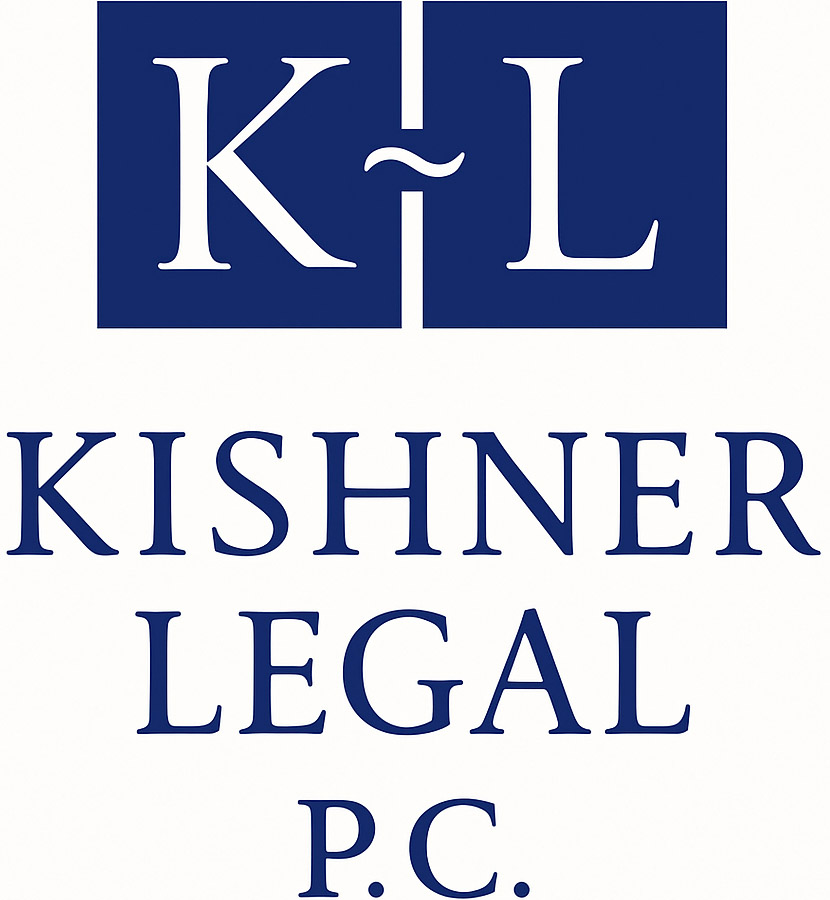
Purchasing a Co-op in NYC: Closing Costs
Real Estate Attorney NYCThe best way of looking at your Closing Costs for a purchase of a Cooperative Unit as theses costs will be divided into three (3) different categories. The primary three (3) categories are the following:
- Bank Fees
- Cooperative fees
- Taxes
Bank Fees
Every bank will have their own set of Fees. You must know them all! The following fees are generally applicable to banks.
- Bank Fees: $350.00-$750.00
- Appraisal Fee: $300.00-$1,500.00. Please note that there may be a reappraisal fee depending upon the amount of time from when the initial appraisal took place from when the actual closing takes place and depending on the value of the Cooperative. This is something that will need to be discussed with your Banker. This fee applies to those who are financing.
- Credit report fee $50.00-$100.00 per applicant. This applies generally to both those are financing and well as those who are not financing and will be charged by both the Cooperative and the Bank.
- Lien Search Fees: $200.00-$500.00. This is a required search that is ordered usually by your Attorney to ensure that the Stock Certificate and Proprietary Lease that you will be obtaining as a Purchaser is free and clear of any types of liens. This sometimes is confused with running a Title Report when dealing with a Condominium. However, since you are buying personal property you do not need to get a formal Title Insurance Policy. There are some rare circumstances in which a title insurance policy actually may be obtained for a purchase of a Cooperative. This is usually done when purchasing from an estate or when the ownership for some reason is in question as to who actually owns and has the right to sell the Cooperative Unit.
- UCC-1 Filing Fee: $100.00-$200.00. This document is a required document to be filed by you by your Bank. Essentially this places the world on notice that the Bank has a lien on your Stock Certificate and Proprietary Lease.
- Bank Attorney Fee: $600.00-$1,000.00. This fee goes to the Bank’s Attorney. The Bank retains an Attorney to prepare the necessary documents in order to close. The Bank’s Attorney actually appears at the Closing. Kishner & Miller needs to work directly with the Bank’s Attorney to ensure a smooth Closing.
- Short Term Interest. This is to ensure that the Bank gets paid the interest from the date of Closing until the end of the month in which the Closing occurs. Once again, for example, if you were to close on the 20th the day of a particular month the Bank will want to be paid from the 20th of that month until the last calendar day of the month. Technically, this is an adjustment as opposed to a Closing Cost because either way you would have had to have paid it. However, the reason why this is being included in the Closing Cost section and a Purchaser must be cognizant of this is because, once again, this will require you more have money on the date of the Closing.
Cooperative Fees: Every Cooperative will have its own set of fees. You need to know them all!
- Managing Agent Application/Processing Fee: $500.00-$1000.00
- Recognition Agreement Fee $200.00-$400.00. The Recognition Agreement Fee is a fee which the Cooperative charges to sign a document called a Recognition Agreement sometimes called an Aztec Agreement. This agreement is prepared by the Bank and sent sometimes to yourself or your Attorney to present to the Cooperative for signature by the Cooperative’s Board of Directors. The agreement is so that the Cooperative is a recognizing that the Bank has a loan on the property.
- Maintenance Adjustment. The Cooperative will want to ensure that they are being paid from the date of Closing until the end of the particular month in which you are closing. For example, if you are closing on the 15th day of any month, the Cooperative will want to ensure that they are getting paid from that date until the end of the month. To look at it in the view of the Cooperative, they want to ensure that there is no gap in payment to them of any maintenance because there is a Closing. A lot of times, the Cooperative will also want to pick up for the following month to ensure that they get paid. The easiest way of looking at this is to calculate this particular closing cost is to assume that you will need to pay two months’ worth of maintenance at the Closing. Please note that this is really an adjustment as opposed to a closing cost. However, it is important to include as a closing cost so that you have sufficient monies on the date of the Closing.
Cooperative Purchase Taxes:
- Flip Tax a/k/a/ a Transfer Fee. This is a fee imposed by the Cooperative on a shareholder and sometimes a Purchaser. You must know if you as the Purchaser are paying the fee. Generally it is the Seller that pays the fee, but not always!
- Mansion Tax. The Mansion Tax of 1% of the Purchase Price is applicable to the purchase of any Cooperative unit in New York State in which the Purchase Price is $1 million or over. As such, for example, if the Purchase Price is $2 million you will have to pay a Mansion Tax of $ 20,000.00. The Mansion Tax of 1% is applied to the total Purchase Price not the amount that is simply above $1 million. So, if the Purchase Price is $ 999,000.00 then you will not need to pay Mansion Tax. However, once the Purchase Price hits $1 million dollars, the Mansion Tax applies. Additionally, you need to be very careful on whether or not you are reaching the $1 million dollar threshold when the Purchase Price is close to $1 million dollars. If you were paying a cost that would otherwise be attributable to a Seller, for example, paying a Seller transfer tax, then this amount would be calculated into your Purchase Price. By way of example, if the Purchase Price is $990,000.00 and you have agreed with the Seller that you will be paying the New York State and New York City Transfer Tax, since the New York State and New York Transfer Taxes on $990,000.00 is over $10,000, you are over the $1 million dollar threshold and the Mansion Tax shall apply.
- Miscellaneous Cooperative Charges, Bank Charges, etc. It is impossible to attempt to list every Closing Cost and adjustment that may occur at the actual Closing. As such, while we have dealt herein with the major charges that should be applicable at a Closing of a Cooperative Real Estate Transaction in New York State, one should allot additional monies just in case there are further adjustments of items that have not been articulated and are unique to your particular acquisition. For instance, as mentioned earlier a fee that is sometimes applicable is the flip tax of a Cooperative. If the Purchaser is paying the flip tax, this is something that Purchaser must be aware of and this obviously is an additional Closing Cost. This is something that must be specifically dealt with in the Contract of Sale and negotiated with a Seller. Generally, the flip tax is paid by the Seller, but by no means is this across the board. A flip tax sometimes also known as a transfer fee is imposed upon a Purchaser or a Seller and is a fee that is paid to the Cooperative. It is essentially a means by a Cooperative to add additional income to the building. The point of this Closing Cost section is to ensure that while there may be typically Seller may need to pay certain Closing Costs these costs if not spelled out may be charged to a Purchaser.
As can be seen, closing costs are unique and need to be carefully analyzed. Only through the assistance and expertise of Kishner & Miller may one fully understand the ramifications and obtain a true total of Closing Costs.
